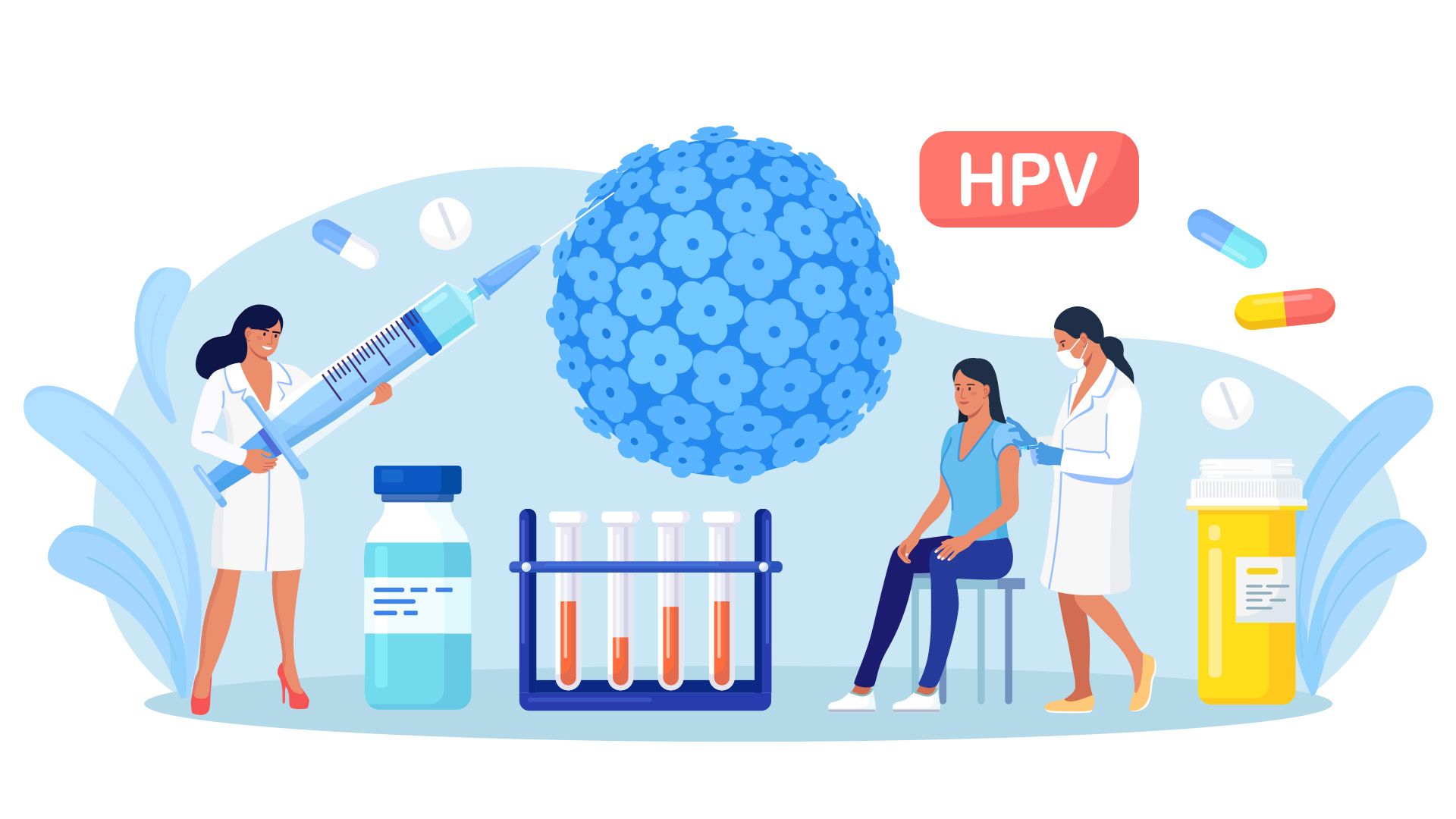Would you know if you had a ‘silent killer’?
Untreated conditions can cause long-term damage
Many people are unaware that chronic health conditions such as type 2 diabetes, high cholesterol or hypertension can cause damage to the body, often without the person experiencing noticeable symptoms. Although they can occur individually, these three conditions are often interlinked and can significantly increase the chances of stroke, heart attack and premature death.
“At the beginning of a new year, many of us think about improving our health through taking up a fitness regimen or eating more healthily. A crucial but often overlooked aspect of taking care of our wellbeing is having routine health screenings,” says Joy Steenkamp, a pharmacist at Medipost Pharmacy, South Africa’s largest national courier pharmacy.
“Even if you feel healthy and well, be aware that you could be living with one or more of these underlying conditions without knowing it. With non-communicable diseases on the rise in South Africa, it really is advisable for adults to screen for these common health threats each year so that any risks can be detected and managed early to ward off more serious complications from developing in future.”
Diabetes – chronic high blood sugar
Diabetes is a chronic long-term condition that affects how your body breaks down sugar from the food that you eat. While type 1 diabetes is usually diagnosed in childhood, type 2 diabetes develops over time and is more often diagnosed in adulthood.
“Insulin is a hormone that helps control your body’s blood sugar levels. If your body doesn’t produce enough insulin or cells stop responding to insulin, too much sugar remains in your bloodstream and this can lead to serious health problems over time, including potentially irreversible damage to the eyes, kidneys and other organ systems. It is therefore critical to be aware of your blood sugar levels and get tested regularly to know if you are at risk of developing type 2 diabetes,” Steenkamp says.
“With the medicines available these days, along with regular exercise and a healthy diet as advised by your treating doctor, diabetes can be very well controlled with many new oral or injectable medicines to help keep blood sugar levels stable.”
Hyperlipidaemia – high cholesterol
“High cholesterol, or elevated levels of fat in the bloodstream, is another common non-communicable disease that is all too common in South Africa. Although people with high cholesterol usually do not have any symptoms, if it remains undiagnosed and therefore untreated it significantly increases the risk of heart disease, heart attack and stroke,” Steenkamp adds.
“A simple blood test reveals cholesterol levels, and if these are outside of the healthy range your treating doctor will prescribe the right kind of chronic medicine to help maintain cholesterol at healthier levels. A diet that is low in saturated fat and regular cardio exercise are generally recommended as part of the treatment plan.”
Hypertension – high blood pressure
“The World Health Organization estimates that almost half of people living with high blood pressure globally remain undiagnosed and therefore untreated, and only one in five have their hypertension under control,” Steenkamp says.
When hypertension is not well controlled it places additional pressure on the cardiovascular system, potentially leading to heart attack, heart failure and stroke, as well as kidney damage among other risks.
“Unmanaged, these conditions are associated with significantly higher risk of hospitalisation and premature death, but these outcomes can be avoided with the right treatment. Once a person has been tested, they have the power to improve their long-term health and can often avoid complications with the necessary treatment and lifestyle adjustments.
“When your doctor has prescribed the right medication specifically for you, this is only the first step to effective treatment, and it is of critical importance that you continue to take your medicine exactly as prescribed – even when you feel better.”
Supporting better health outcomes
“Being diagnosed with a chronic condition and starting new medication can be daunting, and to help make it as easy as possible to adhere to prescribed treatment Medipost Pharmacy offers telephonic assistance from the pharmacy team in all official languages, as well as free delivery of chronic medicines to any address in South Africa. If you have any questions or concerns about your treatment, reach out to your pharmacist who can give you advice, such as how to overcome potential side effects,” Steenkamp says.
“To be effective, chronic medicine must be taken at the right dosage continuously, even when you’re on holiday or out of your usual routine.”
As part of its free delivery service for chronic medicines, with advanced notice those registered with the courier pharmacy can have their confidential medicine parcels delivered to another address while they are away from their usual delivery address. As well as dispensing medicines to individuals privately, the service also includes assistance with registering PMB conditions, including diabetes, hypertension and hyperlipidaemia, to help conserve medical scheme members’ day-to-day benefits.
“Medipost Pharmacy aims to improve access to quality and affordable medicines for all South Africans, making it simple and convenient to adhere to chronic treatment and improve your health and quality of life,” Steenkamp concludes.
For more information, please visit
www.medipost.co.za













